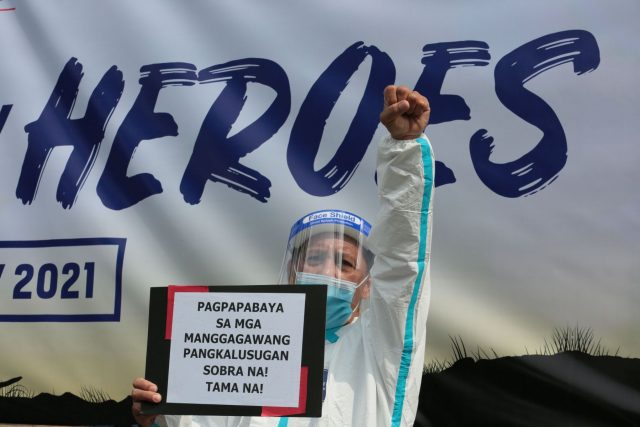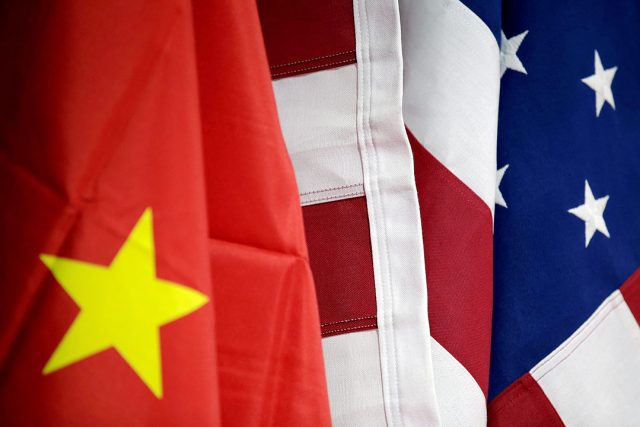Audit findings
AUDITORS, by their very job description, are not expected to be warm and cuddly types. In private companies, especially those listed in the stock exchange, there are even three layers of these corporate sleuths looking for dead bodies in the closet. (It’s okay, Sir. It’s just a mouse.) There are the internal audit department, the audit committee of the board (sometimes supplemented by corporate governance and related party transactions), and the external auditor. The last one certifies that all regulatory requirements are followed, and the numbers are soundly reported.
Auditing as a function is not a career booster. Few heads of this under-appreciated unit make it to CEO. A positive way of characterizing the work of the auditor is that it involves quality control. The auditor makes sure that the organization is following the rules in order to meet its objectives and be able to give value to the stakeholders. Flaws in the processes and controls are pointed out in order to get remedial measures in place.
So, why is auditing such a thankless job?
Audit findings are intended to look for unusual transactions sometimes involving very senior officers. Those in the decision loop are asked to give “some context” on an unusual transaction, like unliquidated cash advances for foreign travel that have been outstanding for six months or an item in operating expenses for “home repair.” Documents like receipts and names of payees on checks need to be produced for evaluation.
The larger the organization, the bigger its audit department. The more numerous too are the transactions as well as the value and quantities involved that need to be analyzed and reported. Can there be a bigger organization than the National Government?
And when audit findings, especially when those involved feel they are protected like an endangered species, go into billions and trillions (that’s 12 zeros) then public attention becomes a factor. In a political year, such audit findings can affect popularity ratings of both protector and protected… in an unbiased survey.
The defense of being a shamed victim is a bit of a stretch. The plea to keep the findings under wraps only shows that the only possible explanations for the unexplained numbers lead to unexplained wealth and expensive watches.
Before we get carried away with large organizations, let’s go back to the corporation.
In the acquisition of a company, audit findings play a big role. They highlight such anomalies in decision-making like self-dealing, conflict of interest, and flawed bidding procedures. (How much do face masks really cost if you buy 40 million? Is there a volume discount?) Auditors are also responsible for the fine print in financial statements, especially the entries with asterisks. These “notes” at the bottom explain such entries as advances to affiliates and stocks “marked to market.”
The valuation of a company to be acquired has to undergo “due diligence” to check soft numbers, estimates, and overvalued properties. Of course, an unquantifiable item like “goodwill” (the preeminence of the brand and its leadership position in the market) is supposed to iron out the kinks and close a deal.
As for our large organization which is not supposed to be for sale, not even to an eager encroacher, the role of audit findings can be different. They reflect the governance values of the leadership. An order to put back the findings in the filing cabinet and not release them to the public reflects a lack of transparency.
No accusations are being made, only a request to explain unusually high numbers. Are the unexplained numbers also driving other decisions like lockdowns and the attacks on a messenger bearing bad news?
Organizations, big and small, have their own stakeholders. Auditors eventually look out for the interests of these interest groups. If there are valid explanations and supporting documents for even the big numbers, that the amounts were spent for the public welfare and not private gains, then it’s on to the next question.
The plea to be left alone to get better sleep and not be bothered by the findings or the need to justify actions (and cash) taken is just unacceptable. Of course, having a defender at the top (let him get his sleep) can provide comfort to the insomniac. But not to the stakeholders who may not want to sleep through this. Their angry voices will be heard… soon enough.
Tony Samson is Chairman and CEO of TOUCH xda















